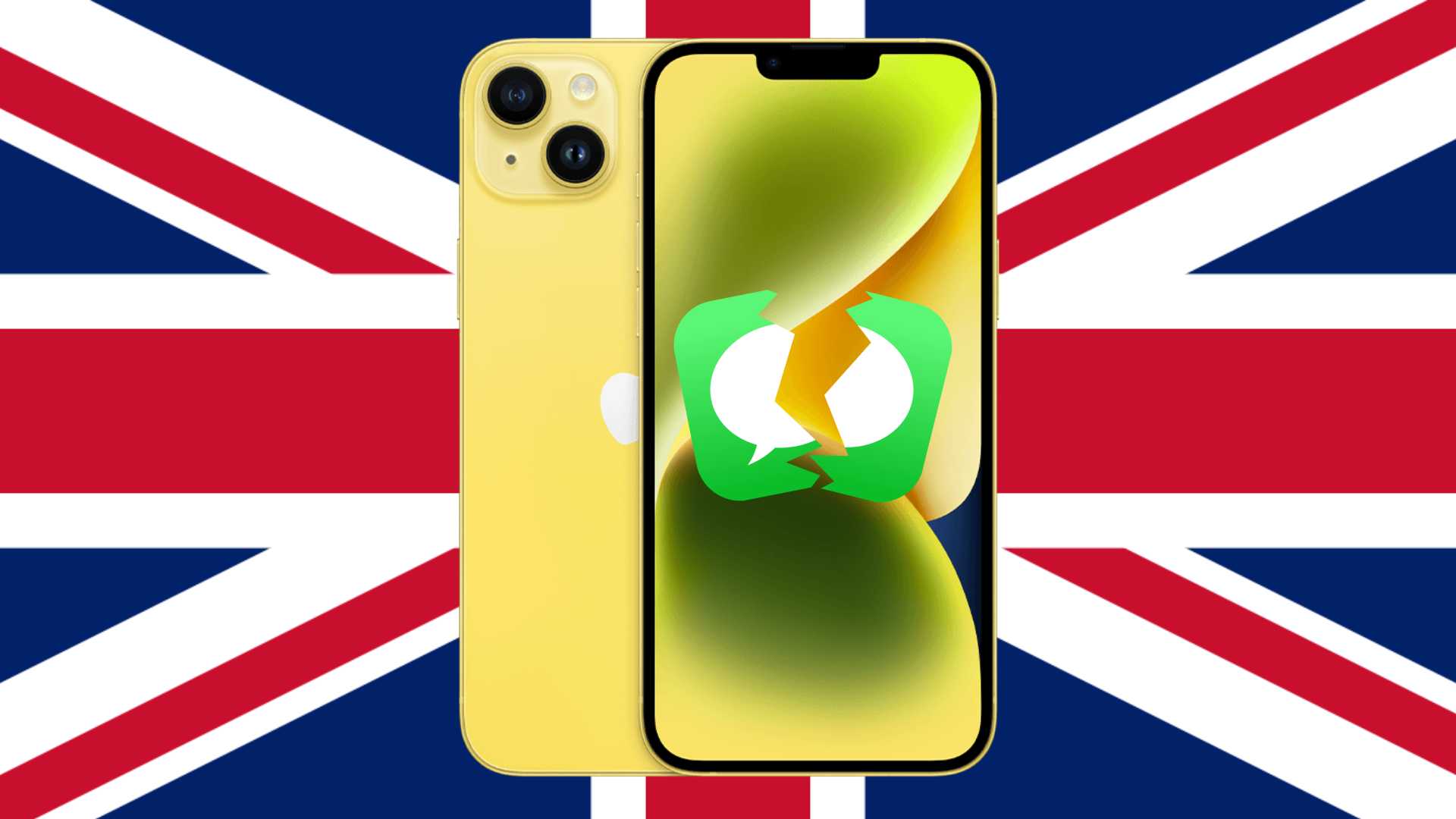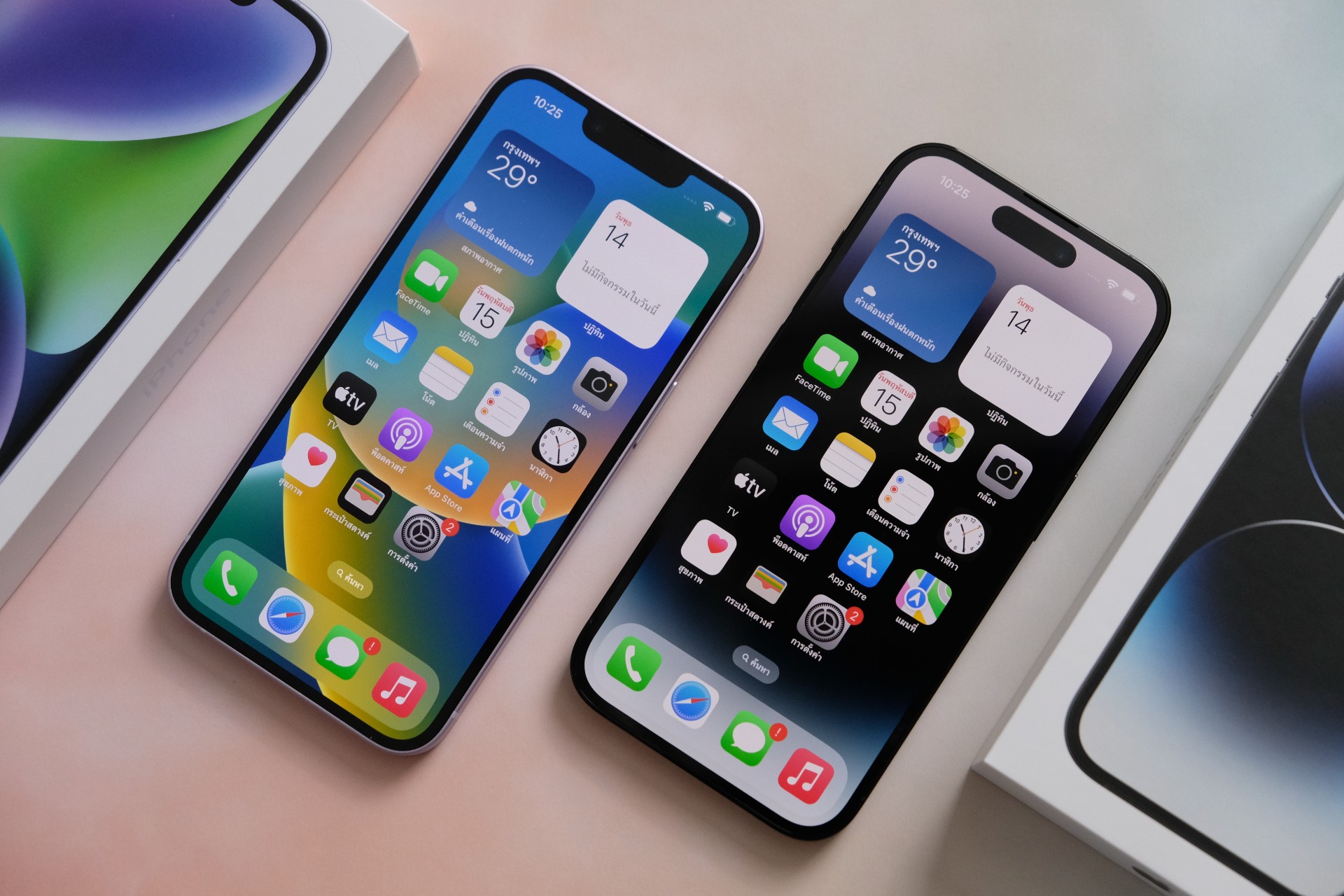Apple threatens to pull iMessage from UK iPhones rather than weaken its security
The UK government's proposals would affect iMessage for everyone

Apple has told the UK government that it would rather disable iMessage and FaceTime on UK Apple products – including the best iPhones and best iPads – than introduce a backdoor to its end-to-end encryption.
This defiant stance was laid out by the Californian tech giant in a nine-page opposition it has submitted in response to proposed changes the government wants to make to the UK’s Investigatory Powers Act.
As part of the new law, app creators would have to tell the UK’s Home Office about any planned security features before they’re introduced to their services; enable a backdoor that would let the UK government scan ended-to-end encrypted messages for suspicious and potentially illegal content; and make security changes the UK government asks for without telling users among other demands.
The UK government argues that these policy changes are "not about the creation of new powers," instead it says the new proposal is simply about bringing the old law into line with technological advances made since the law was introduced in 2016.
Apple says the new wording is too far-reaching, and that it simply can’t comply with the changes. For example, Apple says it couldn’t make changes to its app’s security features without issuing an app update – meaning it can’t make changes secretly like the UK government wants. Additionally, any changes it makes wouldn’t just affect UK residents – they would affect all iMessage and FaceTime users, and, as Apple argues, make its service worse for everyone.
The demand for a backdoor is a point of particular contention for Apple. Not only would it theoretically give the UK government access to any message sent through Apple’s services – whether they’re sent from within the UK or not – but the backdoor would exist for everyone. Other governments might want to use it too, and hacker groups could potentially find and abuse the backdoor to read users' iMessages. Because of these security risks, Apple says it can’t follow the new rules.
What does this mean for iMessage?

Despite this bold statement from Apple it’s still unclear exactly what will happen to iMessage and FaceTime in the UK and the rest of the world.
Get daily insight, inspiration and deals in your inbox
Sign up for breaking news, reviews, opinion, top tech deals, and more.
In response to Apple and the demands of other services, like Signal, which are threatening to leave the UK, the government could back down. Alternatively, it could forge ahead and call Apple’s bluff – as removing iMessage and FaceTime would inconvenience a lot of its customers, and would likely see the manufacturer lose market share to the best Android phones in the UK.
The UK is just a slice of the company's vast global market, however. Apple could stick to its guns, and pull its services to ensure all of its other customers aren’t affected by the UK government’s changes – and to show other governments that it's not afraid to take the nuclear option if they propose similar laws.
The consultation period for the new law closes at 11am BST (6am ET / 3am PT / 8pm AEST) on July 31, after which time we should find out how the government wants to proceed. The legislation would then need to be agreed upon by the UK Parliament before receiving Royal Assent from King Charles and going into effect.

Hamish is a Senior Staff Writer for TechRadar and you’ll see his name appearing on articles across nearly every topic on the site from smart home deals to speaker reviews to graphics card news and everything in between. He uses his broad range of knowledge to help explain the latest gadgets and if they’re a must-buy or a fad fueled by hype. Though his specialty is writing about everything going on in the world of virtual reality and augmented reality.